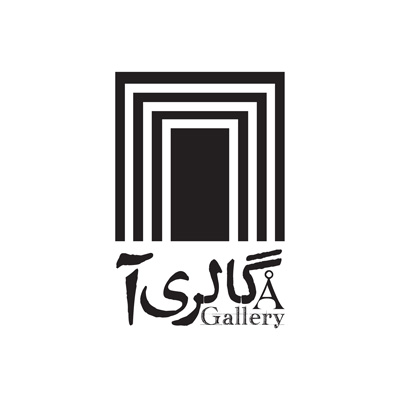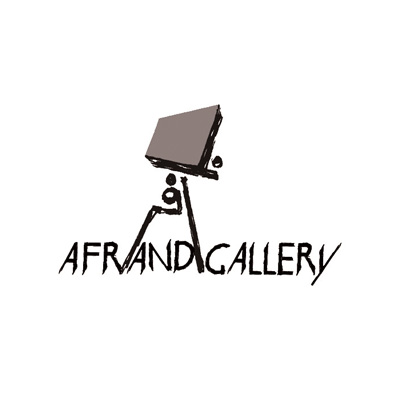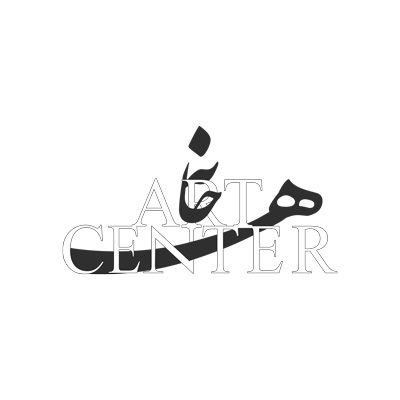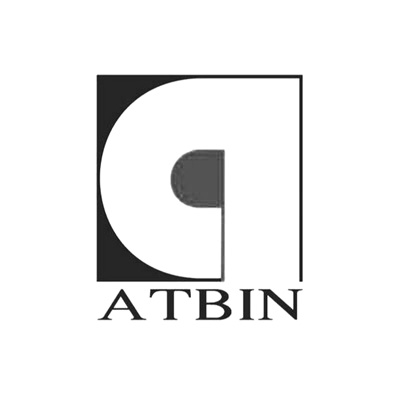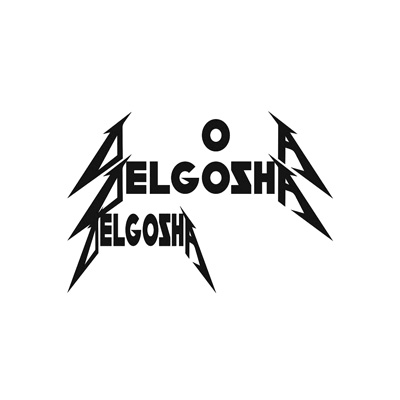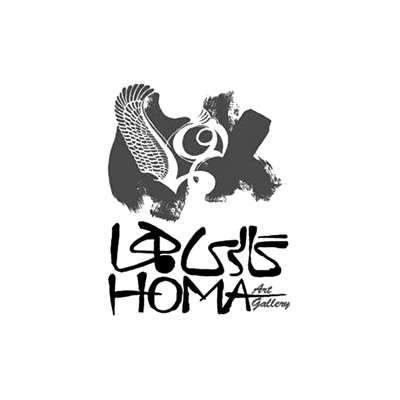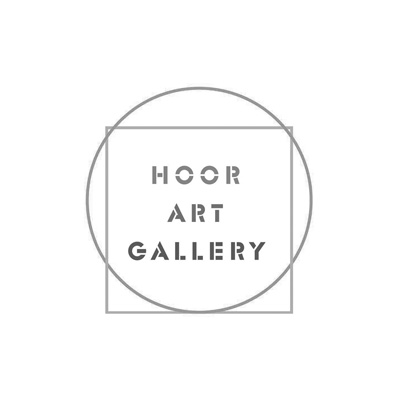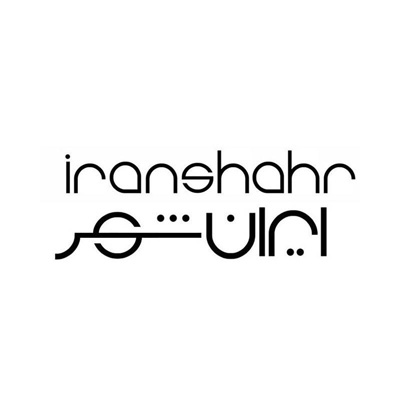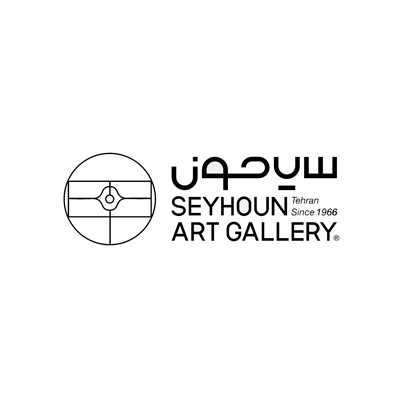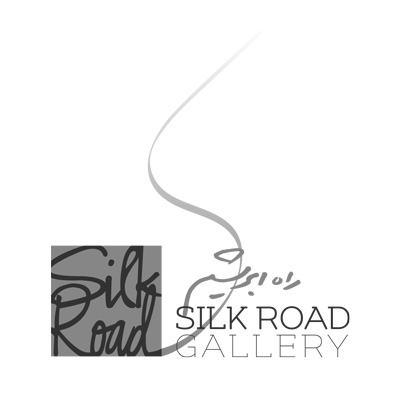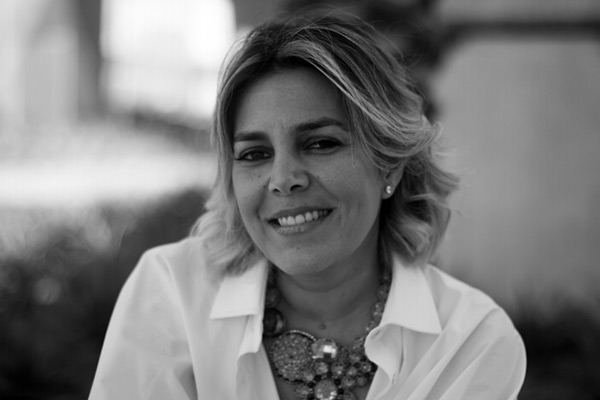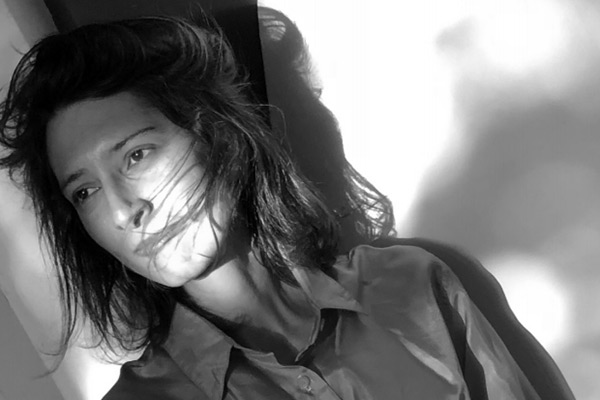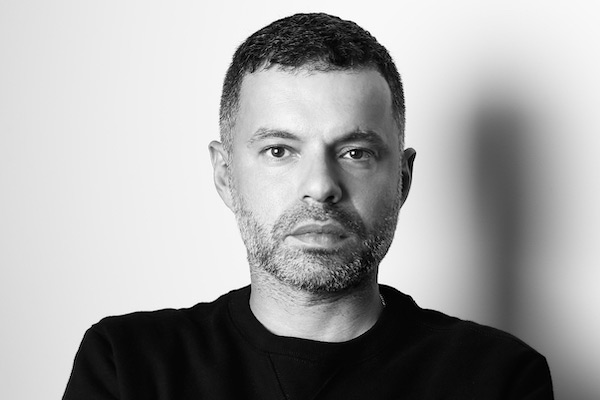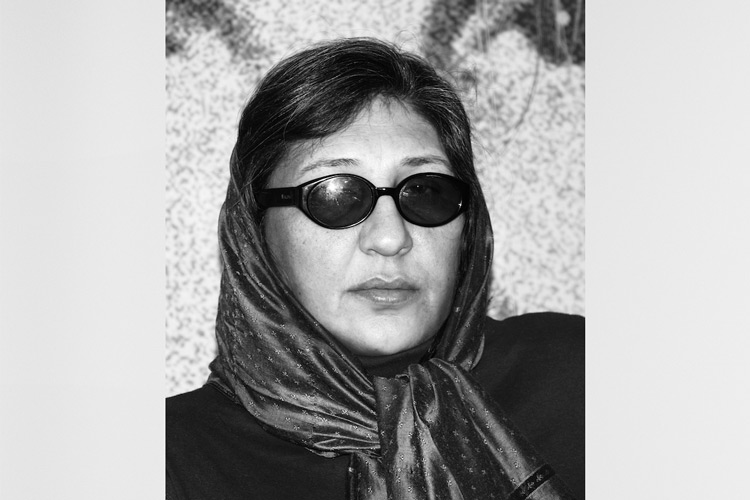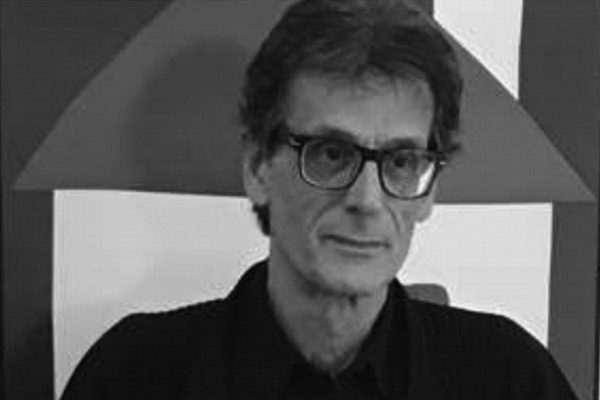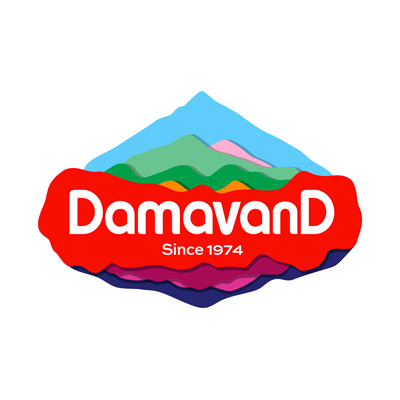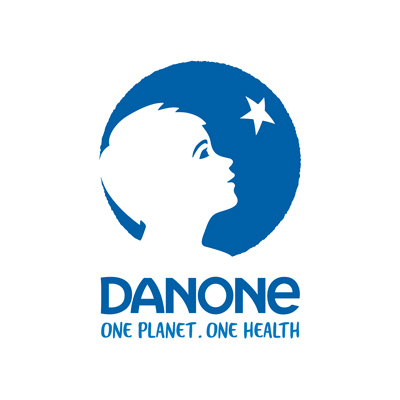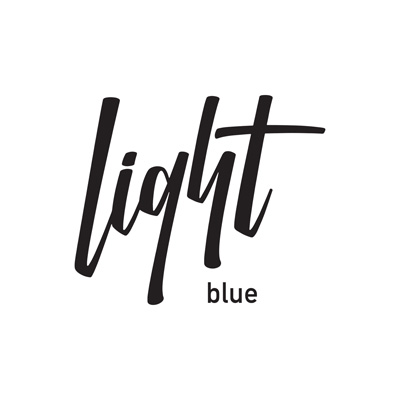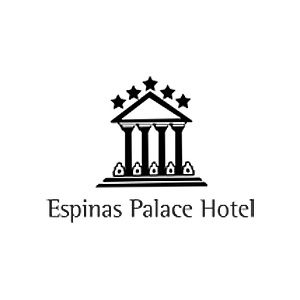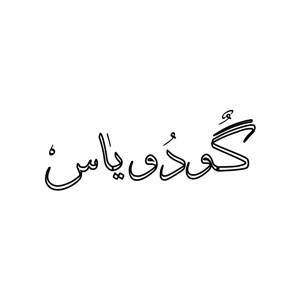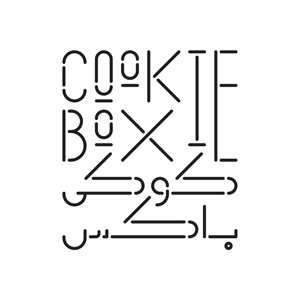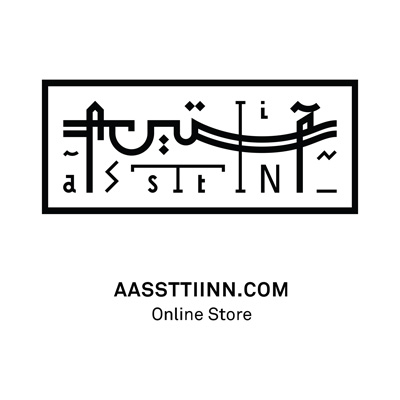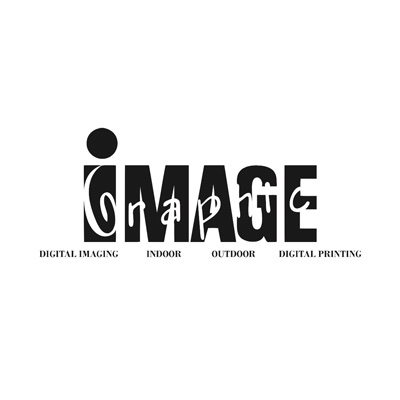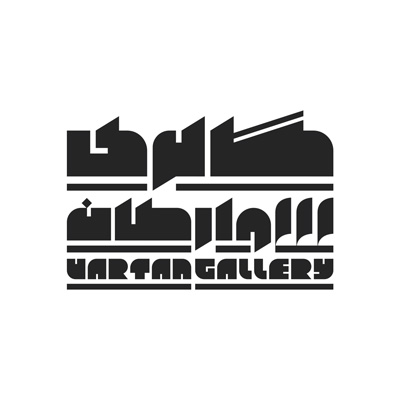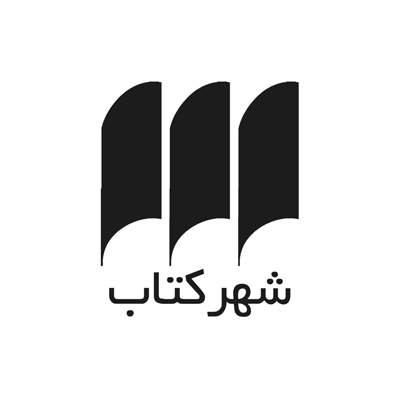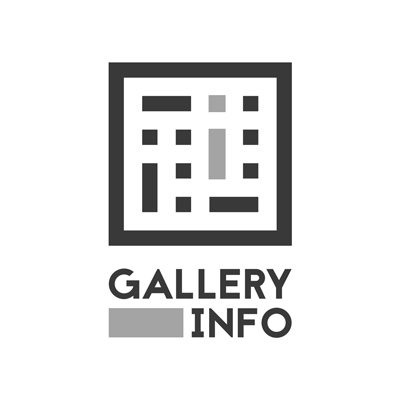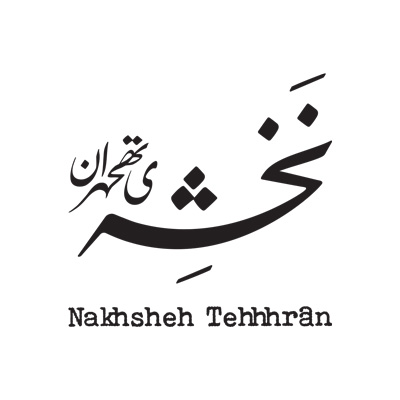| Curator |
Artists |
Title |
Location |
| Akram Ahmadi Tavana |
Yasmin Sinai |
Armor |
Hanna Boutique Hotel
No 7, Lolagar Alley, Neauphle-le-Chateau St. |
| Aidin Bagheri |
Aidin Bagheri, Hamid Reza Alisani |
The Place of Martyrs |
840 Enghelab St., corner of Abivard St.
between Vali-e-Asr crossroad and Ferdowsi Sq |
| Ali Bakhtiari |
Morteza Pourhosseini |
|
Khoosheh Bookstore,
2nd floor, Safavi Grand Book Bazaar, Enghelab Square
Fridays 4 &11/01 4-9pm; other days 11am-9pm |
| Zohreh Deldadeh |
Najaf Shokri |
The Registering Congregation of Iranians |
1: Abu Sa’id St, between Vahdat Eslami & Gholami Nik
2: Imam Khomeini Ave, between Hasan Abad & Sheikh Hadi
3: Mirzaye Shirazi St., between Karimkhan Zand & Khedri St. |
| Aria Kasaei |
|
40 posters for the 40th anniversary of Iran’s 1979 revolution |
Safavi Grand Book Bazaar, Enghelab Square |
| Sohrab Kashani |
Siavash Naghshbandi |
The Lift |
3rd floor window, Saman Towers (tower #2), Keshavarz Blvd., (between Felestin St. and Vesal St. and next to Pars hospital)
Timings: every day 5-9pm |
| Peyman Pourhosein |
Morteza Momayez |
“Tehran Museum of Contemporary Art” poster |
Tehran Museum of Contemporary Art,
Karegar St. (Next to Laleh Park) |
| Tarlan Rafiee & Yashar Samimi Mofakham |
Parviz Tanavoli, Kamran Diba & Massoud Arabshahi |
Remains of Tehran’s identity |
1. City Theatre public space
2. Niavaran Cultural Complex,
3. Tejarat Bank, 182 Taleghani St. (between Nejatollahi St. and Gharani St.) |
| Mohammad Rezaee-Kalantari |
|
Art History: When and Where? Ghandriz Hall, a re-reading of art history |
Ghandriz Hall, 20, Enghelab St.,
(next to Niloofar Bookstore), Daneshgah St. |
| Foad Sharifi |
Foad Sharifi |
Stone Direction |
Vali-e-Asr Junction towards Vali-e-Asr Sq. |
| Homayoun Sirizi |
Michel Setboun |
The Heroic Oil Workers Also Went to Work |
Baradaran Garage, 43 Seoul St., Vanak |
| Mahoor Toosi |
Nastaran Safaei |
Invitation to a Flânerie |
Hanna Boutique Hotel
7, Lolagar Alley, Neauphle-le-Chateau St. |
| Morteza Zahedi |
Davood Koochaki & Salim Karami |
“Outsider Artists” projects |
Beethoven Music Center and House Museum,
69, Mirza Shirazi St., Karimkhan Zand St. |




